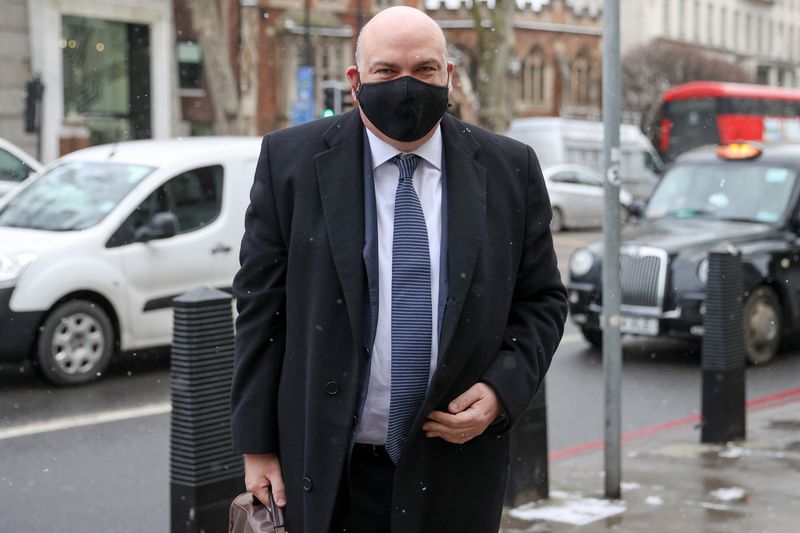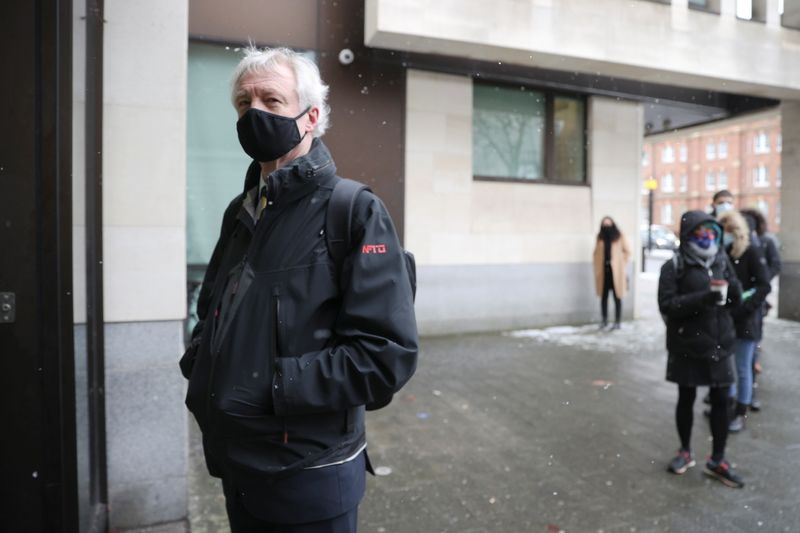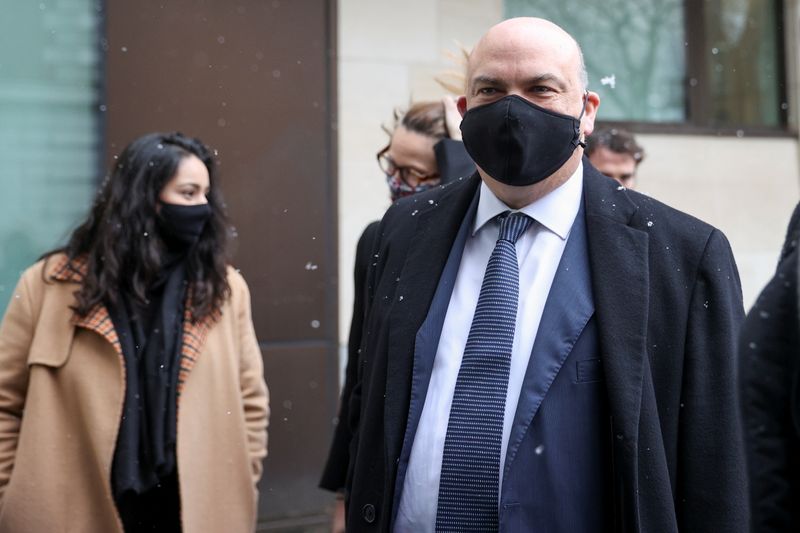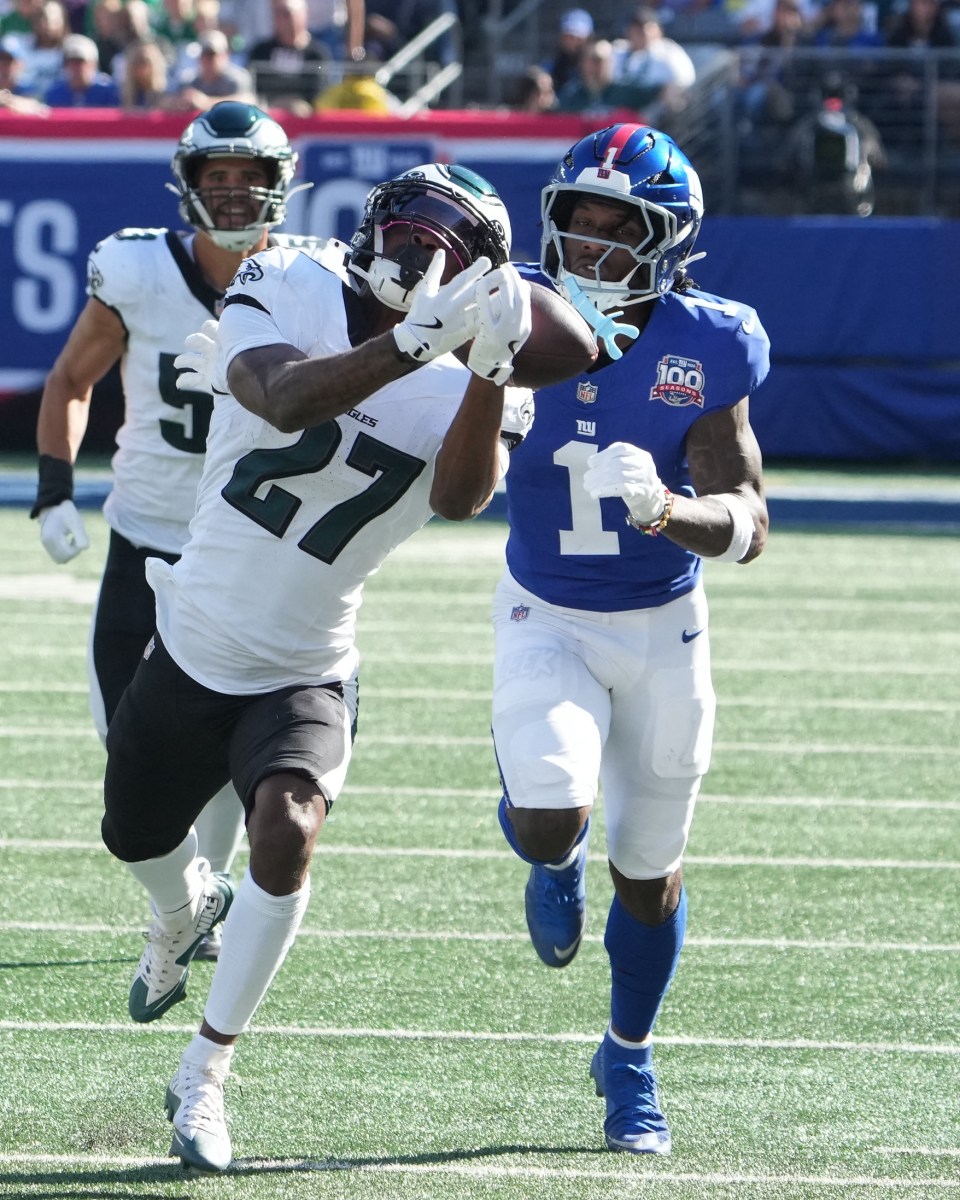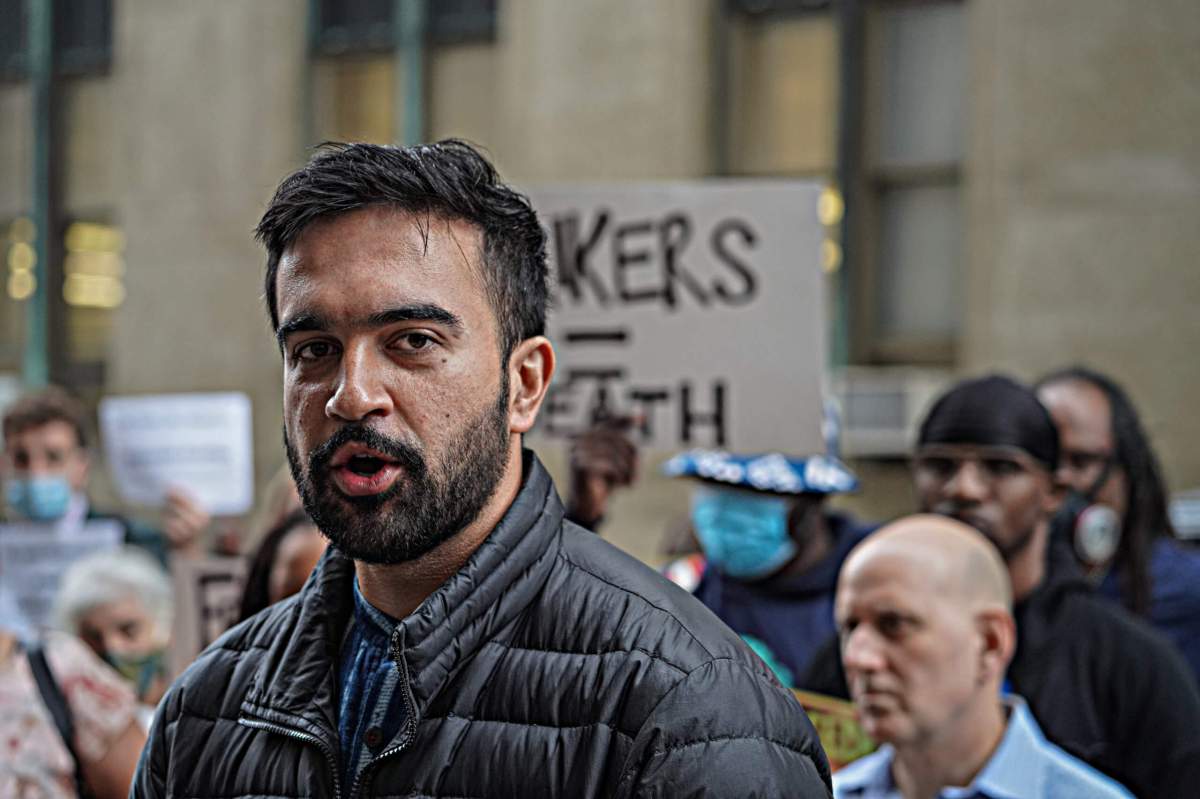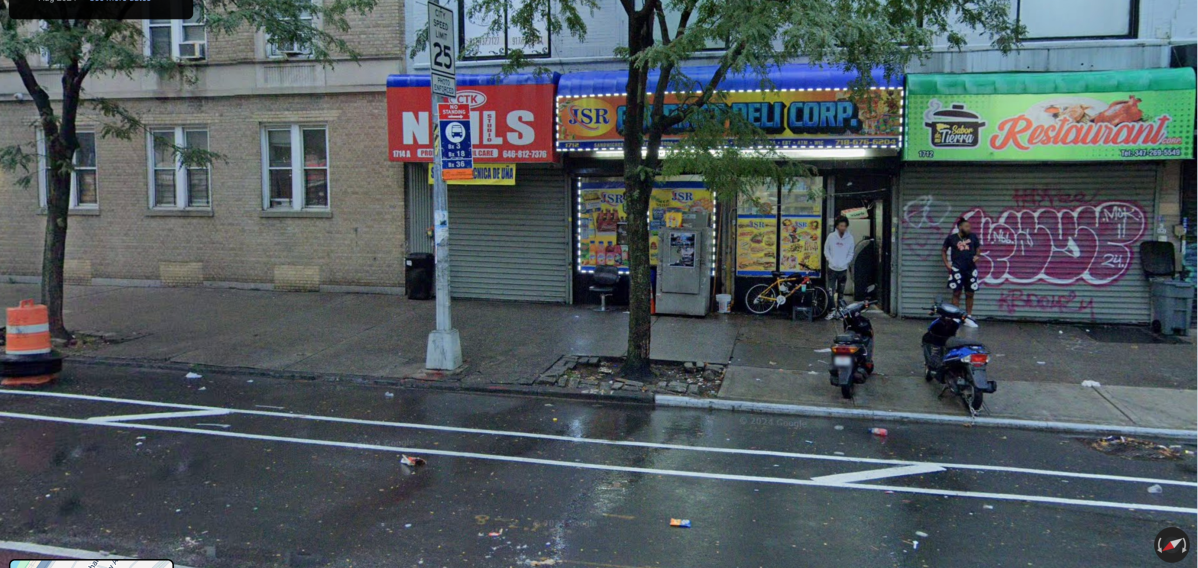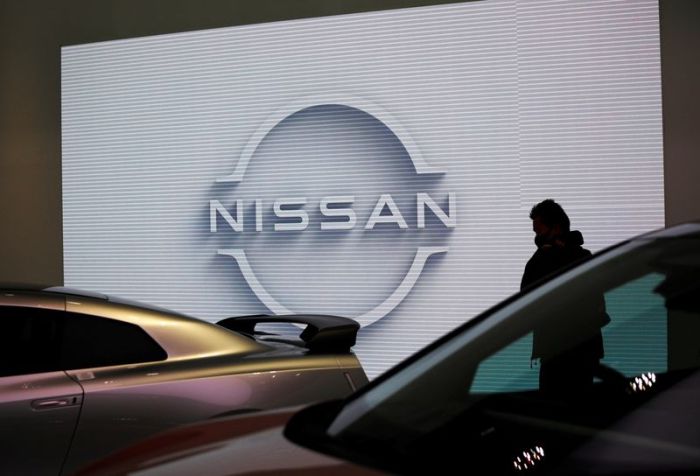LONDON (Reuters) – British tech billionaire Michael Lynch on Tuesday began his fight against extradition to the United States to face charges over the sale of the software company he co-founded, in a test of an extradition treaty critics say is lopsided.
U.S. prosecutors want the 55-year-old to stand trial in the United States on 17 counts, including securities fraud, connected to the sale of Autonomy to Hewlett-Packard (HP) in an $11 billion deal in 2011.
Lynch categorically denies the charges.
The battle lines were drawn over whether the British or the American legal system should take precedence.
Lynch’s lawyer, Alex Bailin, told Westminster Magistrates’ Court that the United States was not the “global marshal” of the corporate world.
“We say this case belongs here in Britain; it concerns events, the overwhelming majority of which occurred in the United Kingdom, involving a British citizen with strong lifelong connections to the United Kingdom in relation to a UK company whose shares were listed on the London Stock Exchange,” he said.
Bailin said extradition should be denied on grounds of the “forum bar”, a provision that gives courts the power to refuse extradition if it is more appropriate to hear the case in Britain.
“The Department of Justice can’t usurp the role of British law enforcement authorities and UK courts,” he said.
“The protection the forum bar provides is a critical safeguard for the rest of us. And that’s why this case matters.”
The United States, however, said that although Autonomy was an “English company cooking its’ books in England”, it had persuaded an American company to overpay for it.
“Let’s have a reality check,” its lawyer Mark Summers said.
“(Lynch) may be a UK citizen, he may have long UK links, but once he aimed his dishonest activities at the USA on such a monumental scale, he cannot expect – just as any other English CEO could not expect – to be immune from the American justice system.”
As such, he said, it was “resoundingly” a case for the U.S. criminal justice system to resolve.
CIVIL JUDGMENT
HP has already sued Lynch and Autonomy’s former finance chief, Sushovan Hussain, in London for $5 billion, arguing that they fraudulently inflated the company’s value before the sale.
Judgment in the civil trial, during which Lynch took the stand to argue that HP mismanagement had destroyed Autonomy’s value, is awaited. The extradition ruling will follow that judgment.
The case raises questions about Britain’s extradition treaty with the United States, an agreement that Prime Minister Boris Johnson has previously said is “imbalanced”.
British lawmaker and former cabinet minister David Davis was in court.
He was one of five former British cabinet ministers, including four from the ruling Conservative Party, who signed a letter to the Times newspaper last month arguing that Lynch must not be extradited.
“The government cannot stand by as another Briton risks being delivered like this to the U.S. justice system,” the letter said.
(Reporting by Paul Sandle; Editing by Alex Richardson and Bernadette Baum)

